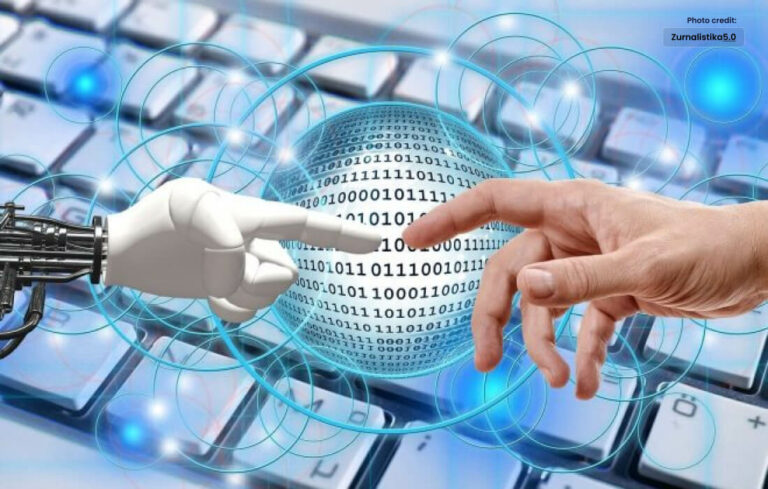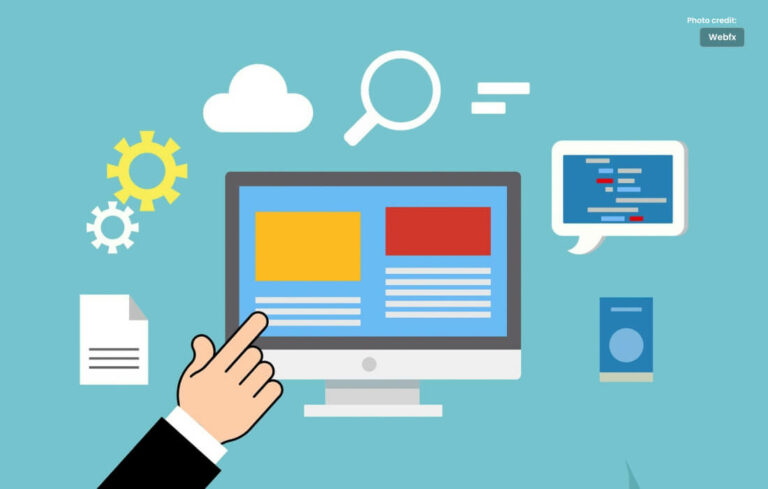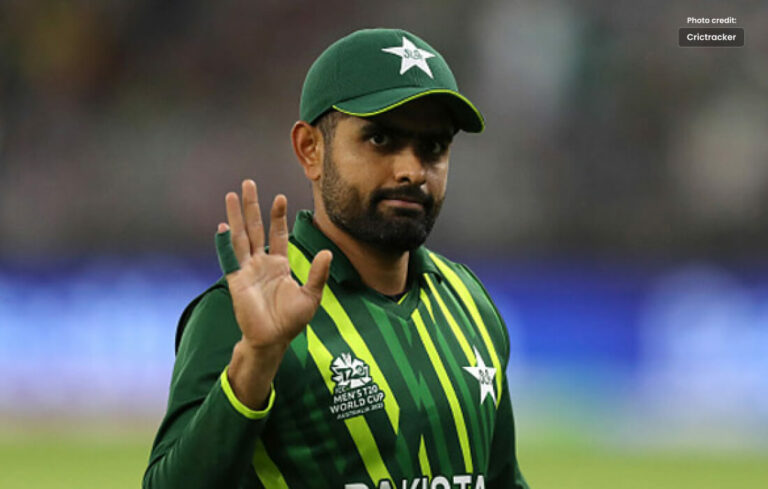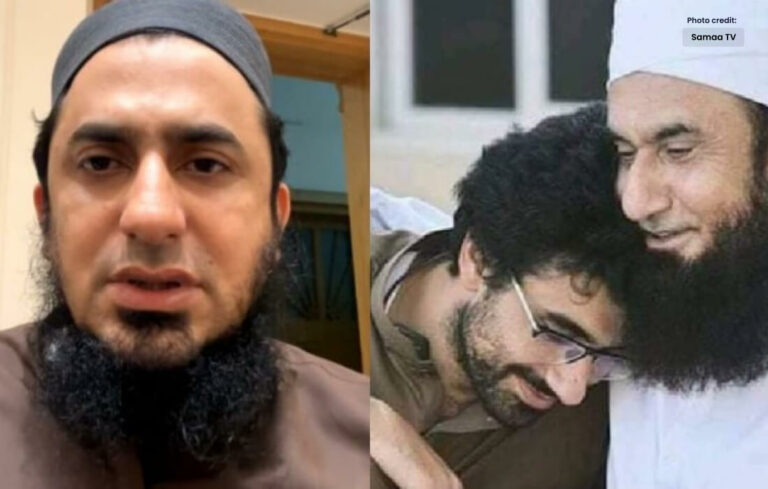Honor explore groundbreaking tech in the evolving smartphone industry.
With the amazing function they’ve unveiled, you can control your smartphone with just your eyes. This clever change has the potential to completely transform not only how we use cellphones but also how widely available they are.
The Eye-Control Wonder
According to the Latest news in a time when technology permeates every aspect of our lives, cellphones have emerged as our reliable allies for work, play, and international connectivity. Honor’s eye-control technology is based on sophisticated software and cutting-edge eye-tracking sensors. These sensors are discreetly integrated into the hardware of the smartphone and are capable of accurately detecting and interpreting the movements of your eyes. Users are able to effortlessly navigate the phone’s interface, launch apps, browse through content, and even compose messages with just their gaze and pre-programmed gestures.
This cutting-edge technology skillfully combines sophisticated machine learning algorithms with infrared sensors to track your eye’s every movement in real time. Its unwavering responsiveness and precision mark a new era, especially for users who might find traditional touchscreen controls difficult to use.
The Abundance of Advantages
- Accessibility: For people with physical impairments or restricted movement, Honor’s eye-control technology is revolutionary. It gives them the freedom to use their smartphones more effectively and conveniently.
- User Experience: Steering your phone with your gaze is a novel and convenient way to interact with your device that is enjoyable for all users.
- Physical Interaction: Reducing the amount of time you physically touch the screen of your smartphone can help keep it cleaner and reduce the spread of germs in a world where hygiene and cleanliness are highly valued.
- Productivity: The potential for increased productivity is presented by eye-control technology. Imagine being able to browse through your documents, emails, and social media feeds without actually touching the screen. This would streamline your workflow and save you time.
The Future of Interaction on Smartphones
The integration of eye-control technology into smartphones opens up a world of exciting possibilities as technology keeps developing. It involves more than just improving accessibility for smartphones it involves reinventing how we interact with them.
Eye-control technology, which offers an intuitive and immersive method of entering virtual worlds, has the potential to become a standard feature as augmented and virtual reality applications grow in popularity.
According to the latest news headlines this technology could be a game-changer for those who enjoy gaming in particular, giving them an unmatched level of control and precision.
Security and Privacy
Honor has prioritized user security and privacy throughout this technology’s development. Your personal information is kept private because the eye control data is carefully processed locally on the device and never leaves your phone. In order to prevent unauthorized access to this feature, Honor has also implemented strong security measures.
The innovative eye-control feature from Honor represents a significant advance in smartphone technology. It’s about offering a new and effective way to interact with your device, not just about increasing accessibility.
In the ever-changing smartphone market, this invention is proof of the limitless potential that exists in the world of technology. Honor’s eye-control technology is poised to redefine smartphone interaction, whether you aim for increased productivity, accessibility, or convenience.














